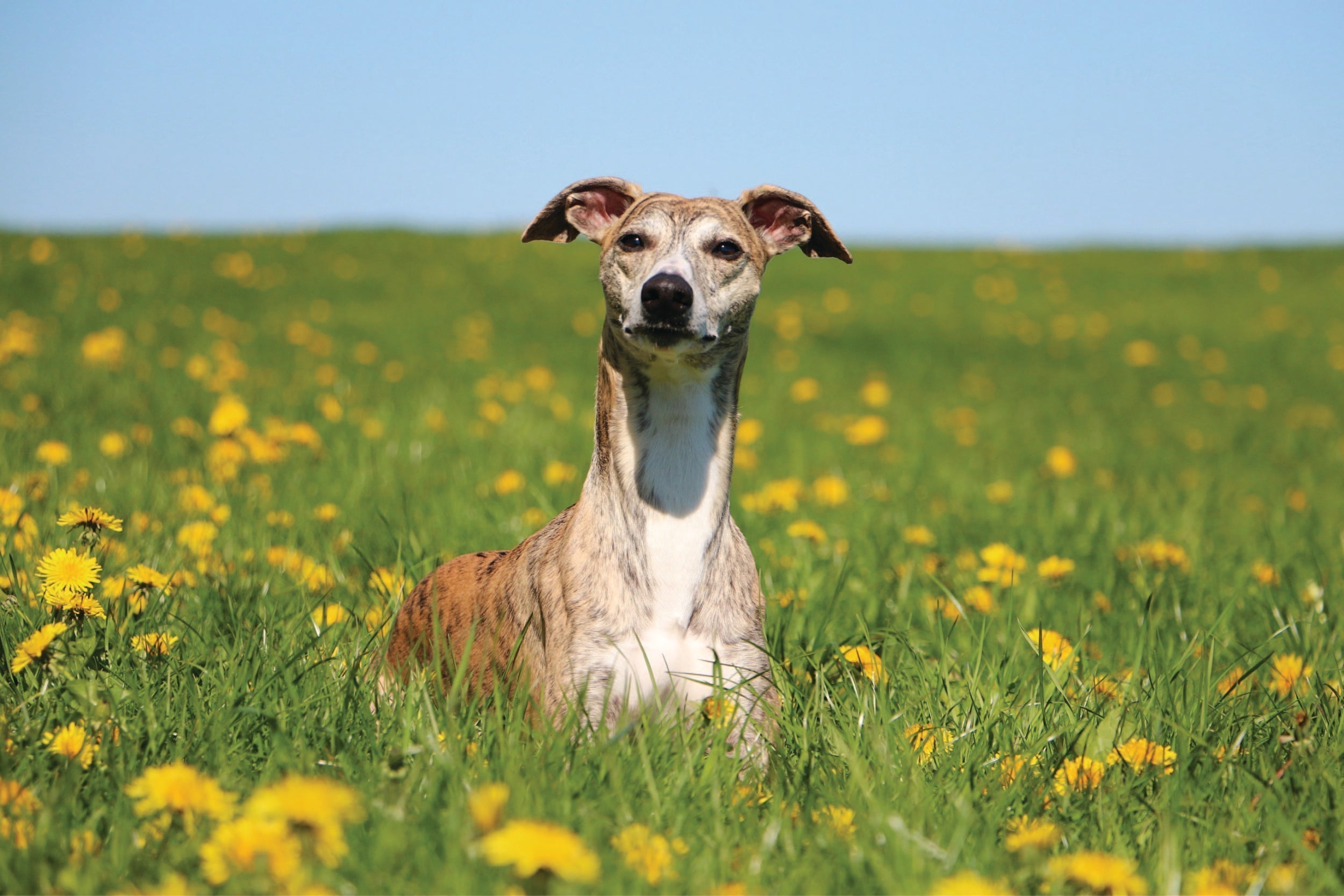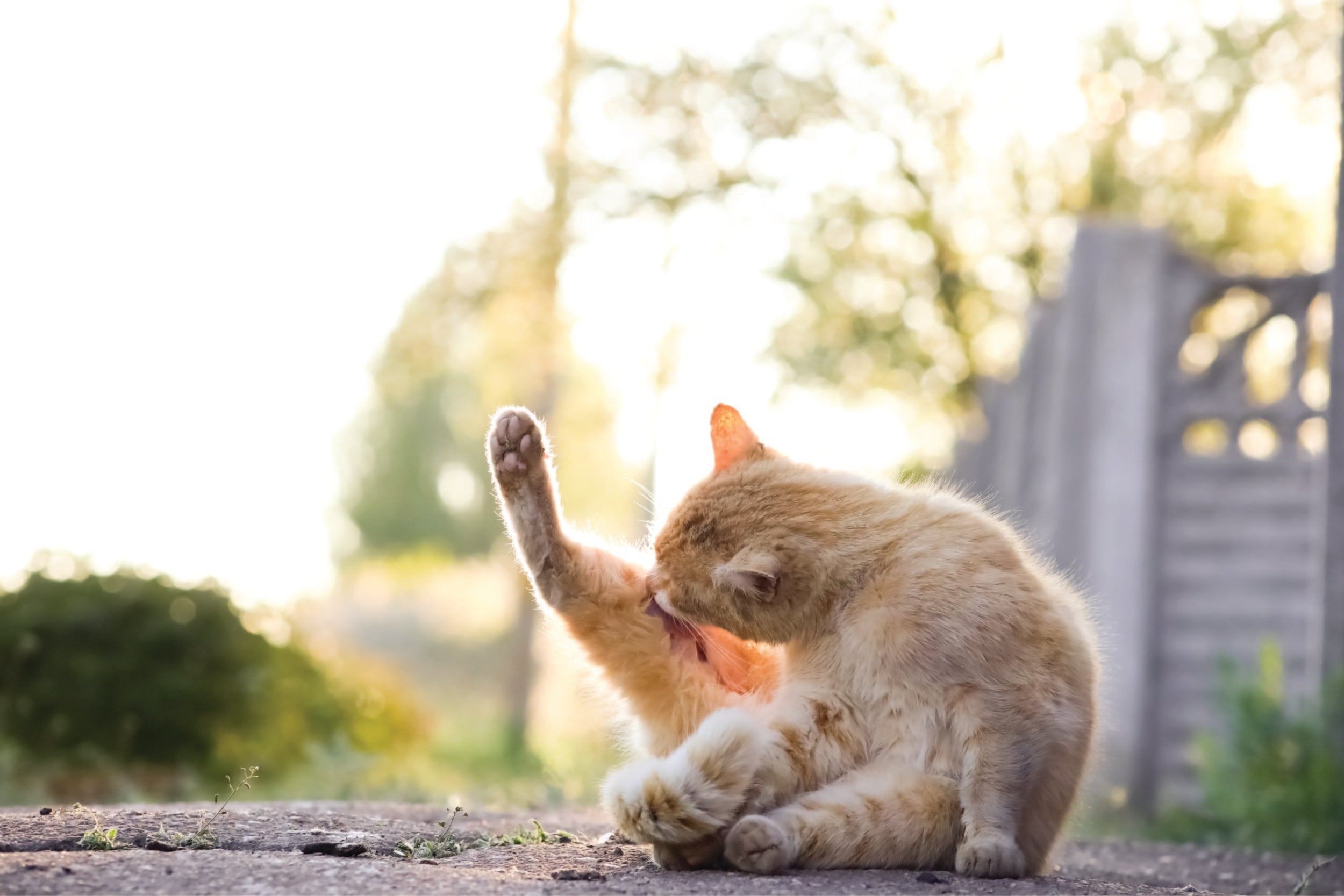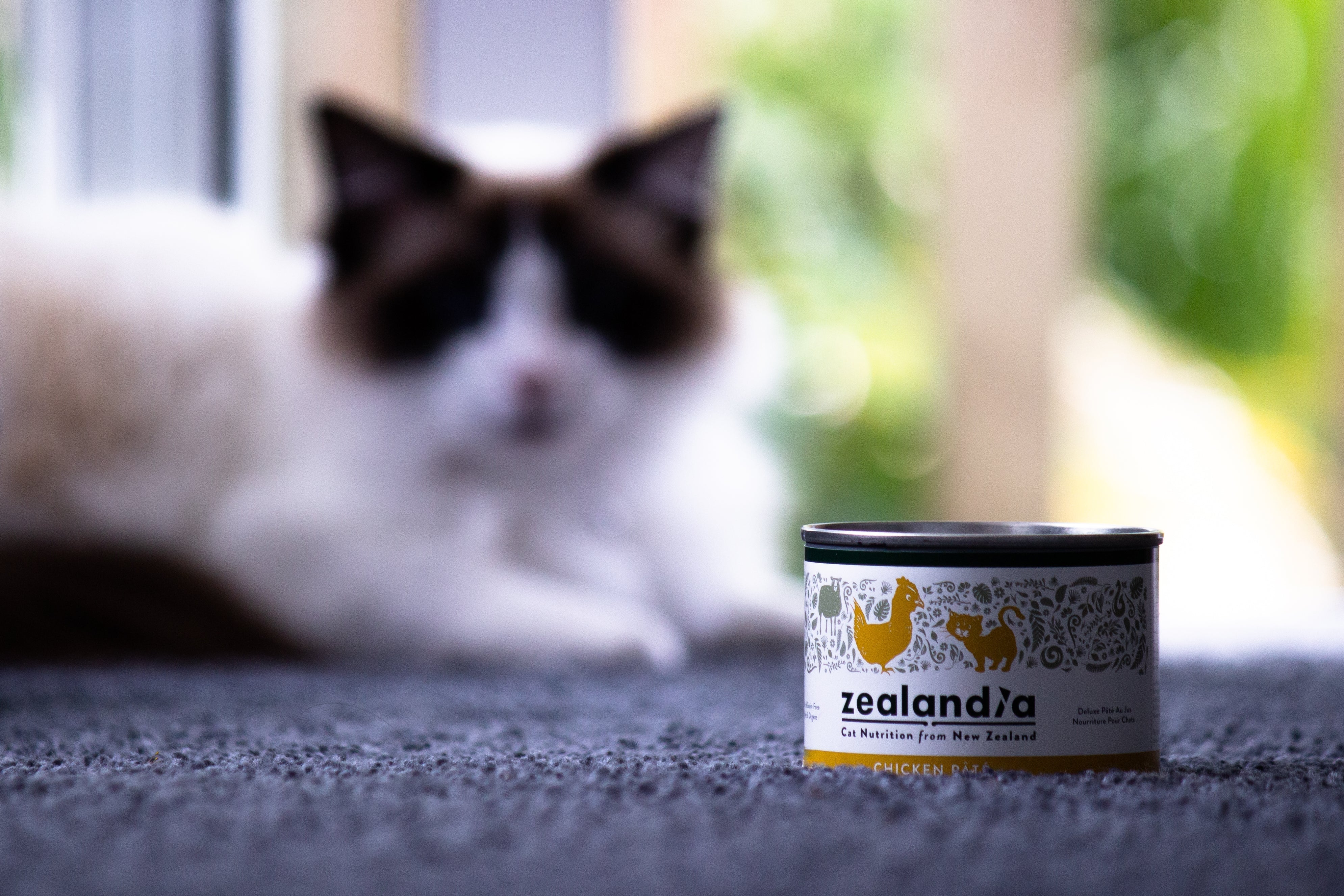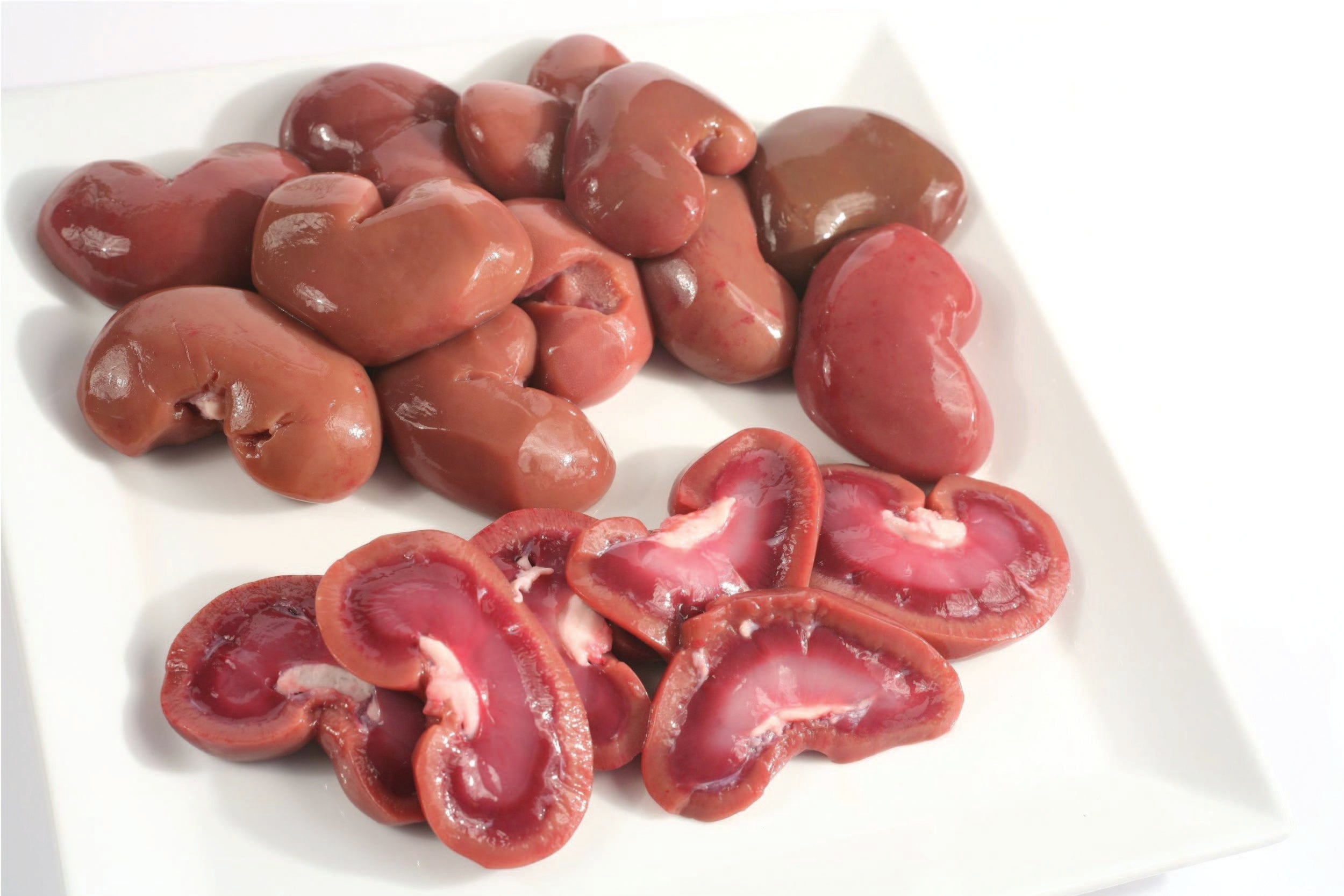Recovery / Underweight - How can I fatten up my cat or dog?

Written by Dr. Aisling O'Keeffe MVB CertSAM ISFMCertAdvFB (United Kingdom)
Making sure that your pet is at the correct weight is vital for their health and well-being. Nowadays, the most common issue with weight that vets see in clinics is overweight dogs and cats. However, pets can also be underweight and lack body condition. There are many reasons for this and in these situations, owners may want to fatten up their pet. In this article, we’ll discuss the common reasons why pets may be underweight and give you some tips on how to get your pet back to their optimal body condition.
Why is my cat or dog underweight?
Before we start discussing how to fatten up your pet, we need to discuss why you need to fatten them up in the first place. Have you noticed that your pet is underweight? Or maybe they aren’t eating very much? Either way, if your pet has suddenly stopped eating as much or is looking thin, you need to investigate why. There are many reasons why this may be happening.
- Exercising a lot
Working dogs or pets that are exercising a lot, may not be receiving enough calories and lose body condition despite a normal appetite. These pets burn off a lot of calories during exercise and may simply not be getting enough calories to keep up with the demand.
- Feeding young
Pets that are feeding kittens or puppies may lose body condition. This is because lactation and feeding young requires a lot of energy and burns calories. These pets may lose weight as a result, but should still be eating well.
- Picky eater
Some pets are fussy eaters and may not like the food that is being offered to them. Their appetite may be variable and they may only eat small amounts or only eat certain foods.
- Stress
Stress can affect appetite and may cause dogs and cats to lose weight. It can be caused by many things such as a house move, a new baby in the home, or a new pet. It’s important to recognise that your pet is stressed in order to make changes in the home to help them feel more relaxed.
- After illness
Pets that have recently been unwell or had surgery may have lost some body condition. They’ll likely need to regain this weight once they’re well again. A high-calorie recovery prescription diet may be recommended by vets to help with this.
- Sick
Pets that are losing weight or not eating may have a medical condition to blame. Many illnesses and diseases will affect a pet’s appetite or body condition such as kidney disease or diabetes.
- In pain
Painful conditions, such as a sore tooth, will prevent pets from eating and potentially cause them to lose weight.
As you can see, there are a lot of reasons why your pet may not be eating as much or losing weight. If your pet is losing weight or not eating without an obvious explanation, you should schedule a check-up with your veterinarian. They can examine your pet to ensure that they’re healthy and that there’s no underlying illness present. Once that is ruled out, you can focus on the other reasons and figure out why your pet isn’t at their correct body condition.
How can I fatten up my pet?
Now that you know why your pet is underweight, you can start to try and fatten them up. We have some tips regarding this, mostly revolving around the type of food you feed and the amount of food that you give your pet. Every pet is different and some tips might work better for some more than others. Here are our tips to help your pet gain weight;
- Change food
Some pets are fussy eaters and may not like the food that they’re eating. Try changing their food to a tasty, highly digestible complete pet food. This change may be enough to get them to eat their food a lot better.
Switching food from wet to dry or vice versa may also help. Or mixing a little bit of wet food with dry food. Only do this if you don’t mind feeding this long term as your pet may get used to the different textures and prefer their new food.
You can also try topping their food with something tasty such as bone broth or pet-friendly gravy. This may boost the flavour of their food and encourage them to eat more. It will also add calories.
- Bigger portions
If your pet is eating but losing weight, they may need more calories in their diet. You can do this by simply increasing the amount that you feed your pet on a daily basis. Increase their portion size (ideally weigh the food) at their normal meals and see if this makes a difference. Topping their food with bone broth or gravy as mentioned above, will also increase their portion sizes.
- Feed more frequently
Most adult pets eat twice daily. This may suit some pets but others (particularly cats), may prefer to eat several smaller meals throughout the day. It can be difficult for some pets to eat large amounts in one sitting. Feeding them little and often may help them to eat more in a 24-hour period.
- Feed higher-calorie food
Another way to increase their daily calories is by feeding them higher-calorie food. This means that you don’t necessarily need to feed them more food but feed them food that is more calorie-dense with a higher fat content.
- Give treats
We normally recommend giving treats in moderation to most pets but if you want your pet to gain weight, you can give them a few more but don’t overdo it. Treats should be healthy, low salt and high protein treats. Many traditional pet treats that you buy in supermarkets or pet shops are high in salt, fat and preservatives. Cuts of lean meat are often the easiest and healthiest treats to give.
How do I know if my pet is at the right body weight?
Now that you’ve attempted to fatten your pet up, how do you know when they’re at a healthy weight? You can do this in a few ways.
- Weigh your pet
Firstly, you should regularly weigh your pet if you’re concerned about their body condition. Continuing to weigh them weekly or every two weeks will allow you to monitor their progress. An increase in their weight is a good sign that your methods to fatten them up are working. You should have a rough idea of what weight they should be (your vet or a pet nutritionist can help with this) to avoid them becoming overweight.
- Assess their body condition score
Another way of monitoring them is by checking their body condition score. This is used by many pet owners and veterinarians to assess if your pet is overweight or underweight. Your pet is scored from 1-9, one being emaciated and nine being obese. Healthy pets should be scored between 4-5. A body condition score judges a pet’s condition by feeling the amount of fat over their ribs and assessing if there is a waist present.
- Consult your vet
If you’re not sure based on their weight or body condition score, ask your vet to assess if your pet is at the correct weight. They will be able to tell you if your pet is underweight, overweight or at their correct body weight. Having your pet at the correct weight is important to keep them healthy.
Why is my pet still not gaining weight?
The tips we’ve discussed above will help most pets gain weight. However, if your pet still isn’t gaining weight you should really discuss this with your veterinarian +/- a veterinary nutritionist. Your pet may have an underlying health condition from anything like a sore tooth or a gastrointestinal disorder such as inflammatory bowel disease. Your vet may need to perform blood tests and imaging (x-rays, ultrasound) to assess why your pet isn’t gaining weight and prescribe treatment.
Conclusion
Many pets from time to time will burn more calories or dislike a certain food. As a result, they may lose weight and condition. Changing their food or the amount you feed, will likely rectify this and help them to fatten up. However, if your pet isn’t gaining weight, you should visit your vet to rule out underlying medical conditions that may be causing this.
----------------------------------------------------------------------------------------------------------------------------
Notes from the team at Zealandia:
Our canned food products contain 95% meat & organs (excluding water sufficient for processing). This is a typical summary of ingredients:
Deboned Meat: ~61.5%
Lamb Organs: ~30% (Liver, Lung, Green Tripe, Heart, Kidney, Plasma)
NZ Green Mussels: ~3%
Dried Yeast: ~3%
Vegetable Gums: ~1% (Guar Gum, Agar Agar)
Salmon Oil: ~0.5%
Vitamins & Minerals: ~1% (Calcium Carbonate, Potassium Chloride, Taurine, Choline Chloride, Iron Proteinate, Zinc Glycine Complex, Niacin Supplement, Alpha-Tocopherol Acetate, Sodium Selenite, Manganese Proteinate, Copper Glycine Complex, Thiamine Mononitrate, Calcium Pantothenate, Riboflavin, Pyridoxine Hydrochloride, Vitamin A Acetate, Biotin, Vitamin B12 Supplement, Calcium Iodate, Folic Acid, Cholecalciferol)
----------------------------------------------------------------------------------------------------------------------------
The Zealandia variants most suitable for dogs and cats with a history of being underweight are: Salmon (Adult) Salmon (Kitten/Puppy), Lamb, Duck, Chicken (Kitten/Puppy).
- High protein
- High fat
- High ME (calories)
- Low carbs



